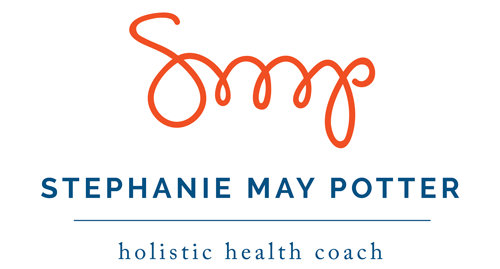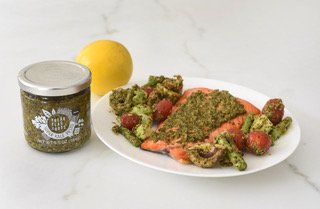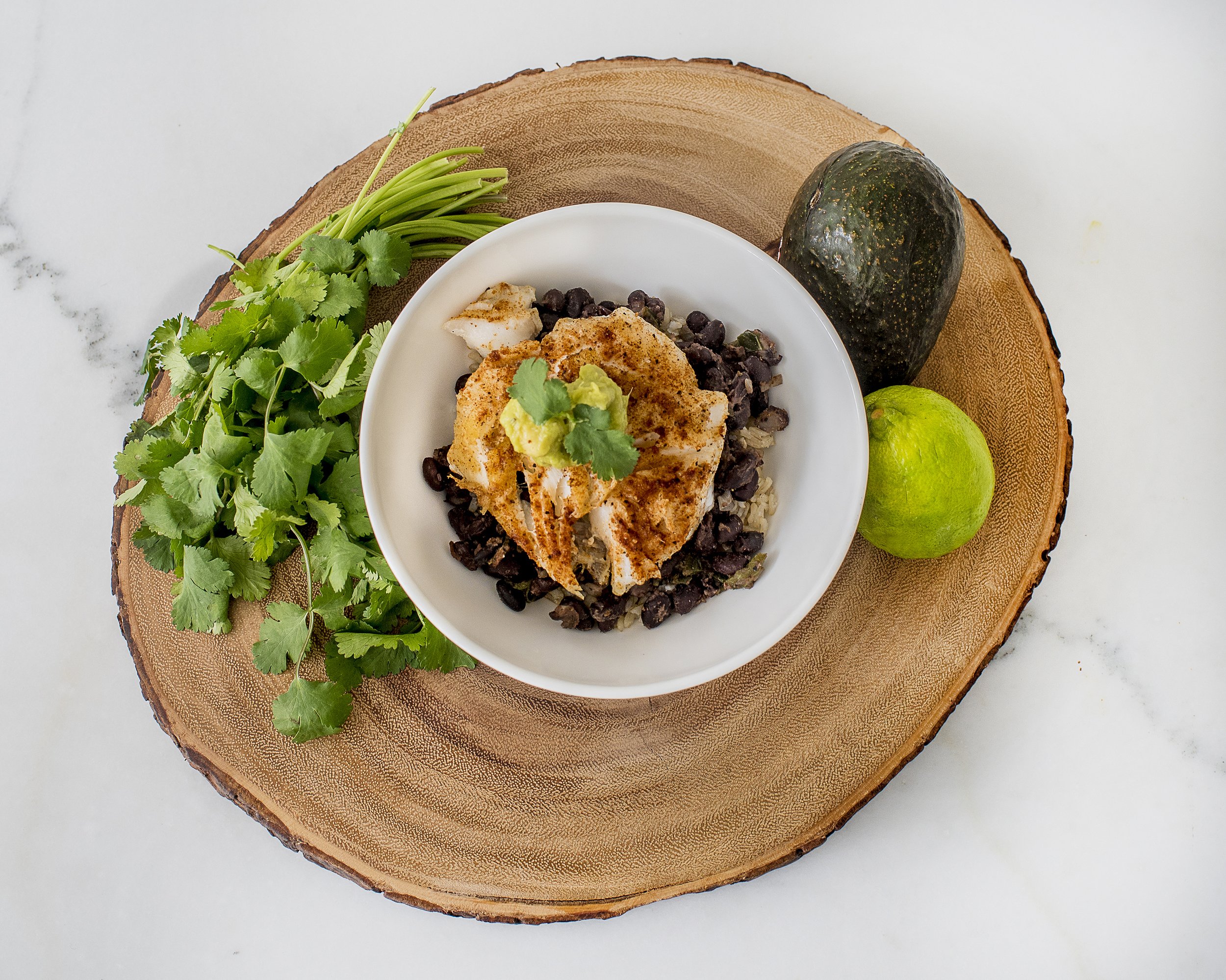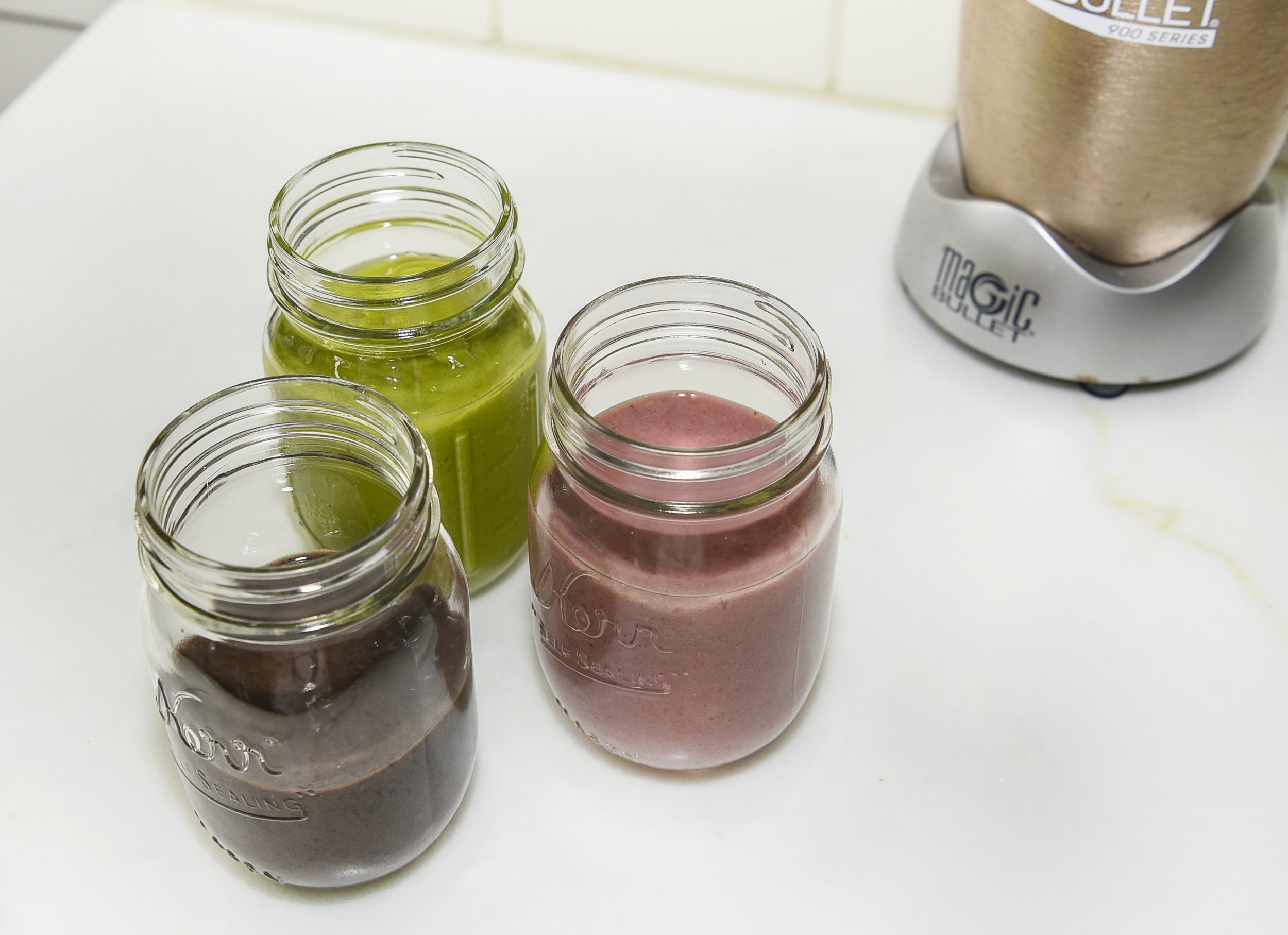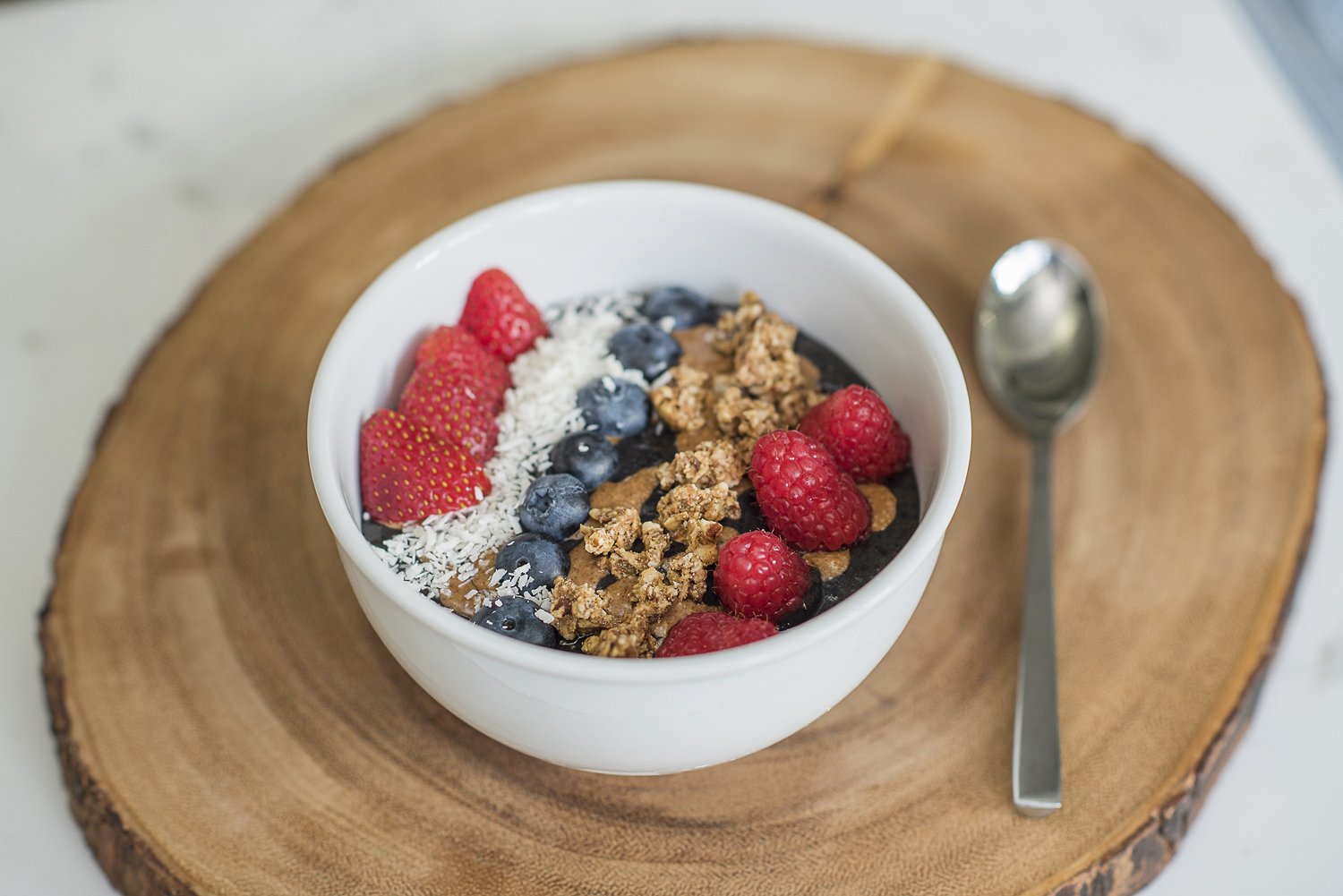How much protein do you really need?
Protein intake is a topic that has come up with all of my private female coaching clients over the past year, and I have personally been more mindful of my intake over the past 15 months. I've also experimented with a continuous glucose monitor ("CGM"), something I've shared on Instagram quite a bit, which has provided me with insight and accountability about my blood sugar (which is linked to the timing and type of protein I consume). Protein is also a topic we've discussed quite a bit on The Art of Living Well Podcast ®.
One debated question is "How much protein should you eat"? While there are definitely different schools of thought, the more recent guidance that I hear repeatedly from several credible sources is that the average active adult should consume one gram of protein for every pound of ideal body weight. If you are sedentary you may need less protein and if you're extremely active and training for competitions then you may need more 😊. This means that if you weigh 150 pounds but desire to weigh 140 that you should consume 140 grams of high quality protein every day. For most of you this may come to a surprise and you may be wondering how you can meet this goal without eating deli meat, beef sticks and several protein shakes every day.
So why do our bodies need high quality and complete sources of protein? Protein is a powerhouse of a macronutrient. creating your organs, muscles, nails, and hair. Protein helps your cells communicate and makes up immune molecules, blood cells, hormones, and enzymes. Protein is made up of chains of amino acids, and each type of protein has its own unique combination of amino acids. Protein is an essential structural component of all hormones, you’ve got to consume sufficient protein to make enough hormones. If you are experiencing hormone imbalances or are still menstruating, this topic is especially important.
There are 8 essential amino acids that make up a complete protein source. While there are some excellent sources of plant-based proteins, not all of them are considered complete sources and not all are available in the body. Most if not all types of animal products provide a complete source of protein (see list below).
A low protein diet, especially for active individuals, stimulates a stress response that drives the body toward fat storage, increasing both body fat & fatty liver. So, if you’re having trouble losing weight eating a higher carb/low protein diet and working out regularly, this could be a factor.
My suggestion is to prioritize protein at every meal but enjoying one of the foods listed below, followed by lots of non starchy veggies and healthy fats.
I highly recommend listening to the episode we recently dropped on the topic of protein and amino acids with Angelo Keeley, the co-founder of Kion.
Here are my tips and go to foods that I eat regularly to ensure I'm fueling my body with the building blocks it needs to thrive and live an energetic life:
Eggs: I recommend finding a local farmer if possible but if that isn't possible, choose organic and pasture raised. Your co-op should have eggs from local farmers. One egg contains 6 grams of protein.
Sprouted pumpkin seeds: In addition to being a great source of plant-based protein, these tasty seeds boost a high amount of zinc and iron. I love the individual snack-size packs for travel and on the go quick protein.
Hemp hearts:These have been a game changer for myself and my clients, especially those who do the 7-day liver detox where we enjoy a plant-based lunch. I love to sprinkle a serving on my salads, vegetable soups, yogurt and more! I even make a yummy nut-free pesto using this mighty seed.
Organic tofu and tempeh: If you can tolerate soy, this plant-based source of protein is a great option to add to salads or make as a veggie scramble (I strongly recommend organic to avoid genetically modified ingredients). While not everyone loves tofu, I believe that if you cook and season it well, that you will be pleasantly surprised by how tasty this otherwise bland food can be 😝. Tip: Purchase extra-firm organic tofu, press out the water with a towel, cut into cubes, toss with EVOO, salt and a dried seasoning mix of your choice. Spread onto a baking sheet and roast for 20-25 minutes at 400 degrees, tossing halfway through. Adjust cooking times based on your preference.
Beans and legumes: For many people beans and lentils can be an excellent source of plant-based protein and for others they cause unwanted digestive issues. Try using a pressure cooker to make your beans, which reduces the lectin content making them easier to digest. While these foods contain protein, they are higher in calories and carbohydrates ounce for ounce compared to animal protein sources, so consider your health goals when consuming this food.
One of the interesting insights I learned from wearing my CGM is that my body doesn't love beans or lentils. Even when I eat protein and fiber before eating beans, my blood sugar spikes quite a bit and is out of range for awhile. This can be mitigated by going on a walk after your meal but doing so is a challenge this time of year. Learn more about how managing your blood sugar can help improve longevity and help with weight loss here.
Learn more about why beans may not agree with you here.
Clean protein powders: Finding a clean protein powder can be overwhelming and confusing given the number of products on the market. Should you use whey or plant-based? What about grass-fed? Our episode with Angelo Keeley was very enlightening on this topic and I have been adding in more grass-fed whey isolate protein powders into my smoothies to ensure I'm getting a complete source.
My favorite brands include: Equilibrium Nutrition,(plant-based), Marigold (use code SMP for discount) and Kion (use code ARTOFLIVING for discount).
Essential Amino Acids: Essential Amino Acids (EAAs) are the building blocks of protein, energy, and total body health, which help you grow and maintain lean muscle mass, speed up recovery, improve mental performance, and more. I started drinking the tasty amino acids from Kion several months ago to help boost my protein intake and have noticed a big difference in my energy levels. My husband is now a big fan and it's something that I look forward to every morning before I enjoy breakfast. Use code ARTOFLIVING for a discount. The mold free Kion coffee is very good too.
Wild fish: High quality fish and seafood are excellent sources of protein and many, like salmon, mackerel, sardines and trout, contain high amounts of Omega-3 fatty acids. Recently, I've been adding canned mackerel and salmon to my salads for lunch when I don't have another protein option readily available. Check out this seafood watch guide for the best sources of seafood to consume and which ones you should limit or avoid.
Organic and pasture raised poultry: One of the easiest ways to eat high quality meat is to subscribe to Butcher Box and get your protein delivered right to your door. I love the variety, quality, pricing and convenience that they offer.
100% Grass-fed beef: The type of meat you consume and specifically the food that the animals ate and how they lived plays a big role in your health and longevity. I'm very fortunate to have found local farmers where I can secure a majority of our meat. If you are local I recommend checking out Nelson Grass Farm and Nature's Pantry Farm for local pick-up options. Butcher Box is another great option. Check out this episode with Sarah Fischer about why conventional farming practices are making us sick and what you should look for when you're at the grocery store.
Other sources: quinoa, spirulina (add to smoothies), buckwheat and amaranth.
Check out this article on clean protein sources for easy reference and my new protein banana chocolate chip muffins. While these don’t have a high amount of protein (25 g for the entire batch) they have no refined sugar, which means less of a blood sugar spike for most people.
